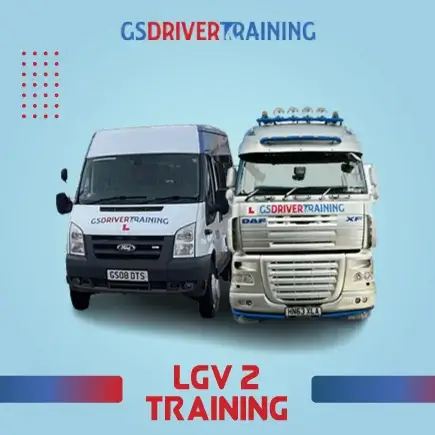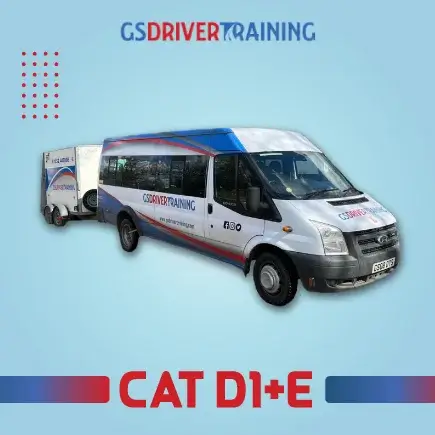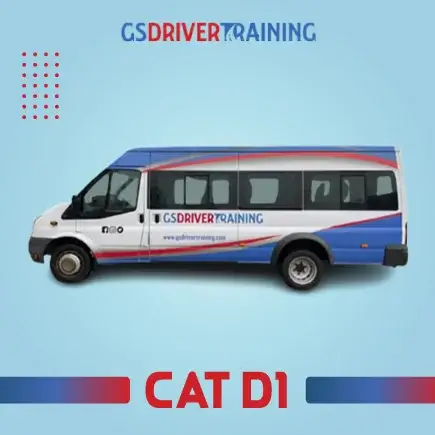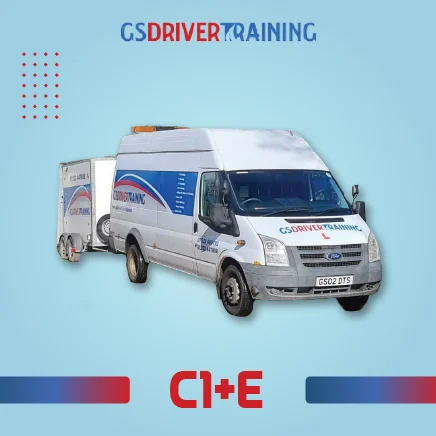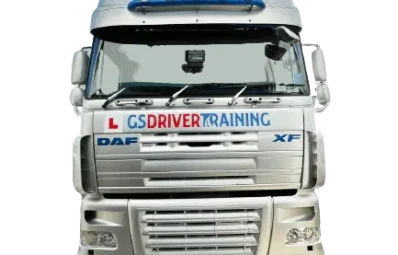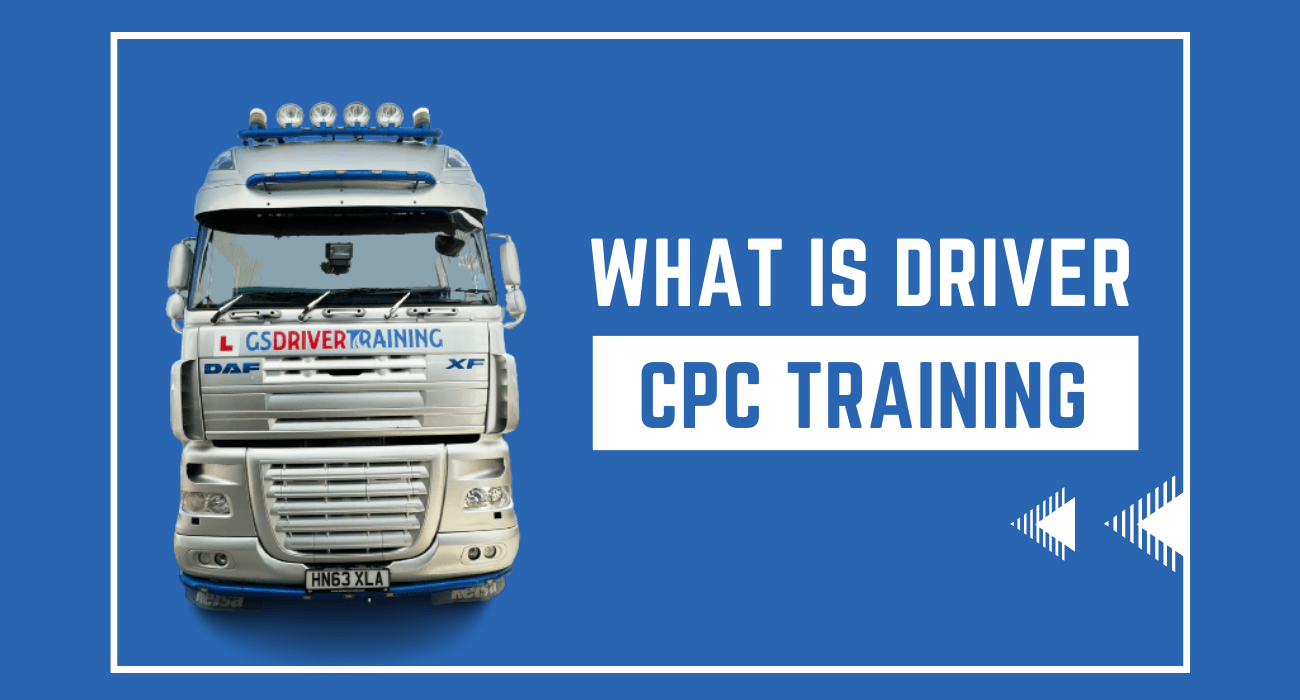
The Driver CPC certificate is for persons seeking to start a professional career in driving vehicles such as lorries, buses, and coaches. The European Union has administered it to test the competency and proficiency of professional drivers. Driver CPC certification involves specific criteria to be adhered to when teaching this course to pass the CPC exam.
What is CPC: Initial Training
CPC certification is a legal requirement for professional drivers with Category C or D licenses. Suppose you are in doubt about non-exception for obtaining a CPC certification (CPC Card). In that case, we advise you to get advice from a legal practitioner. CPC is an abbreviation for Certificate of Professional Competence.
Since other industries also consider CPC, "Driver CPC" is the designation used by the transport and haulage sectors. New drivers who want to possess a Category C or D license must pass through a CPC training program.
The potential license holder will be thoroughly prepared for a written examination, and we will ensure your practical skills are to the highest possible standard. Before receiving the initial CPC qualification MOD 2&4, a professional driver must have written the appropriate exams and participated in the training sessions.
Every driver must know that a commercial driving license is a requirement for the initial CPC qualification. Many of our students at GS Driver Training usually take a few weeks to complete the training before they possess the necessary qualifications. However, the law indicates that drivers are permitted to get qualified within two years. If the driver cannot do so within this period, they must start again.
What is Periodic Training?
You will obtain an official driver CPC card with an expiry period of five years. It will be provided to a new driver who has completed the initial CPC qualification and met the requirements stated by the law. Drivers who received their licenses before 2008/2009 were given an extra five years to finish CPC training. As of 2015, every commercial driver plying the road must possess a valid CPC card.
Renewing an expired card requires periodic CPC training, otherwise referred to as remedial training. Training providers like Specialised Training Services (HGV Training) offer this remedial training involving classroom work lasting 35 hours. The training ensures that the driver maintains a high level of competency and will obtain professional development.
The subject matters taught during remedial training should be complacent to strict guidelines. Companies like ours are authorised to provide training for CPC courses. They can design their curriculum to suit their client's needs. A client may require an approach specifically tailored to train drivers on emergency road safety, and a different client may decide to have a course that deals with the transportation of petroleum products safely.
What Is CPC: Who Needs It
Professional lorry, bus or coach drivers should obtain the CPC certification. These vehicles require their drivers to possess a CPC certification:
- Tipper Trucks
- Bin lorries
- Articulated lorries
- Heavy construction equipment
- Buses - both local and regional
- Coaches - both regional and continental.
Operators of heavy goods vehicles and passenger-carrying vehicles must have CPC certifications. Since their status and function as operators are different from drivers, they do not undergo entirely similar training. Practically, there isn't a wide gap in the training concerning its differences.
CPC Certification Exceptions
The law makes room for exceptions concerning CPC certifications. There are exemptions for professionals and others for non-professionals. CPC certification is optional for professionals who drive vehicles owned by a police agency, fire service, or a government parastatal responsible for promoting law and order. However, this is only sometimes the case. Thus, you must seek the counsel of a lawyer before laying a claim to an exception. In the case of a non-professional, there is a long list of exceptions.
- The following instances do not require CPC certification:
- Driving a minibus with less than 19 seats – having a category C1+E licence is unnecessary, and there are no wages for driving.
- Driving a vehicle with passengers or goods for non-commercial purposes.
- Driving a vehicle in cases where rescue is needed, especially during an emergency.
- Driving for training lessons and taking official tests on your skills as a driver.
- Driving a vehicle used in transporting work equipment and you do not take driving as a job.
These exceptions ensure that non-professionals are prohibited from driving for commercial purposes when a CPC certification is unnecessary.
For instance, an LGV driver retired in 2009. He needs to rent an LGV to move his furniture and belongings to a new home. Since they have rented the vehicle for personal use, there isn't a need for a CPC certification. However, he will only be able to drive a vehicle on behalf of someone else with a CPC certification.
Another example, A farmer who has to use a commercial vehicle to convey equipment and materials needed for planting and work equipment is shared, and driving isn't the farmer's significant activity as remuneration. CPC certification is optional.
CONCLUSION
Regulations may change over time, but there isn't a need to worry as our courses at the GS Driver Training are updated with the applicable rules at any point in time. CPC provides professional drivers with an opportunity to be competent and proficient.
Also Read: How to Get Your CPC Card


